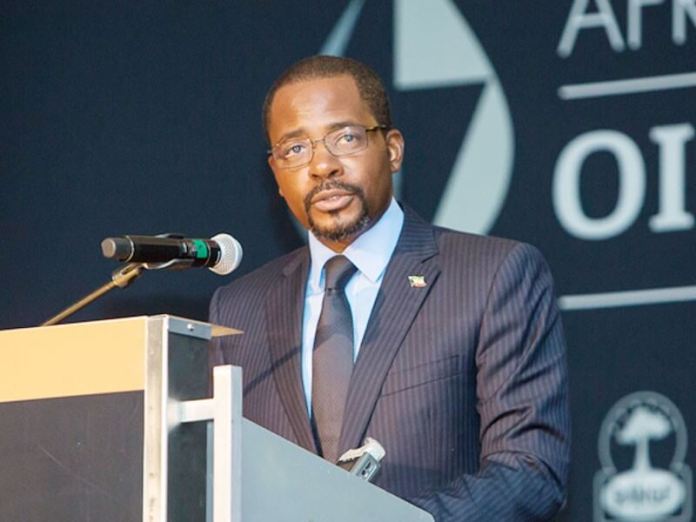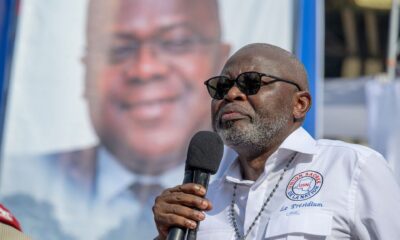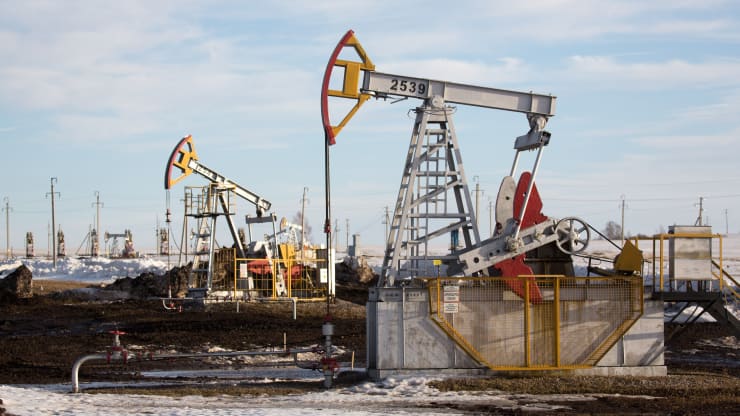- African Leaders Urged to Create Gas Pricing Index
Africa should develop a gas pricing index based on the cost of electricity set midway between existing global benchmarks to ensure fairer pricing in new export projects on the continent, two African ministers said.
The idea is being floated when the world’s poorest continent, where 600 million people are without electricity, is turning to liquefied natural gas (LNG) as a cheaper way to power up amid plentiful global supply.
Plans to boost African power generation by 30,000 megawatts by 2030 could translate into 42 million tonnes of additional LNG consumption a year, according to the U.S. Department of Energy.
“The pricing of the LNG coming into Africa is going to be more than 50 percent for electricity, so it will be fixed to the price of electricity,” Equatorial Guinea’s minister Gabriel Obiang Lima told Reuters during the Africa Oil Week conference.
“What we need to calculate is the pricing of the power to be able to have this index and that should be something between (the U.S. gas exchange) Henry Hub, which is very low, and the Asian index, so we are talking about a range of between $3-$7 dollars,” he said on the sidelines of the meeting in Cape Town.
Obiang Lima said trading firm Gunvor could peg some sales of LNG from its planned Fortuna facility in Equatorial Guinea, due to start in 2020, to the index.
Gunvor struck a deal to buy all of the plant’s output, but there is a provision allowing Equatorial Guinea and its partners to sell up to half the volumes within Africa.
Gunvor declined comment on the index issue.
Equatorial Guinea already exports LNG to countries that include South Korea and Argentina.
Angola and Nigeria are also major African LNG exporters, with Cameroon set to start this year. New LNG projects are planned in Senegal, Mozambique, Congo Republic and Tanzania.
Equatorial Guinea aims to export LNG to Africa for the first time, including to Mali, Burkina Faso and Ghana.
Africa’s natural gas consumption rose 20 percent from 2011 to 2014 from 3,909 billion cubic feet (bcf) to 4,689 bcf, according to the U.S. Energy Information Administration, still a tiny market but the world’s fastest growing.
In Nigeria, Seplat Petroleum expects demand to grow rapidly for use in energy, cement and fertiliser projects.
But the still small size of Africa’s gas market may make establishing an index difficult, industry experts said.
“It would be extremely difficult to find a unified pricing system in Africa at the source. If one day Africa is well-connected with pipelines and many different sources, then maybe an index,” said Mounir Bouaziz, Royal Dutch Shell’s vice president for new business development.
But Ghana’s energy minister, Boakye Agyarko, said an index could be developed as the continent’s gas projects grew.
“As all our resources come together from Senegal to Mozambique and Tanzania, we can aggregate all of this and begin to make an impact on the demand and supply equation and therefore we can build our own index,” the minister said.


 Naira4 weeks ago
Naira4 weeks ago
 Naira4 weeks ago
Naira4 weeks ago
 Travel4 weeks ago
Travel4 weeks ago
 Naira3 weeks ago
Naira3 weeks ago
 Jobs4 weeks ago
Jobs4 weeks ago
 Naira4 weeks ago
Naira4 weeks ago
 Investment4 weeks ago
Investment4 weeks ago
 Travel4 weeks ago
Travel4 weeks ago



























